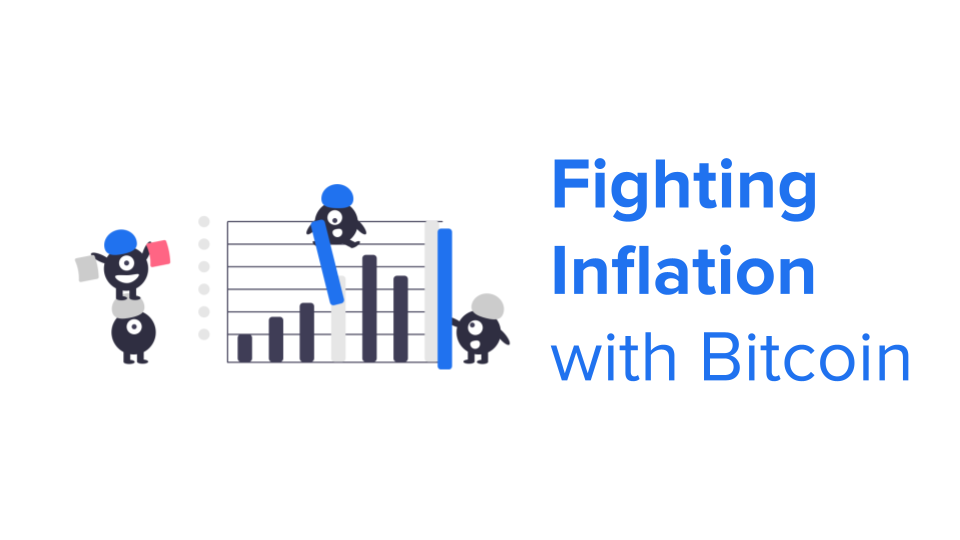Inflation reduces the currency’s purchasing power, and investors must beat inflation continuously and generate reasonable, actual returns to create wealth in the long term. Gold has traditionally been considered a hedge against inflation.
Still, recently, there has been an argument that Bitcoin, due to its limited supply and deflationary nature, can serve as a store of value and an effective hedge against inflation. A deflationary currency has limited supply; as the supply reduces, it gains value over time.
Let’s look at the properties of Bitcoin that make for a strong case for it to be considered a hedge against inflation.
What is Bitcoin?
Bitcoin is a cryptocurrency intended as a medium of exchange. Fiat currencies like the US dollar or Indian rupee are inflationary in nature because the government controls their supply through the central bank, and the supply is increased over time intentionally or as a result of economic distress to revive the economy. This leads to depreciation in the value of the currency, and purchasing power reduces. On the other hand, Bitcoin, which has a finite supply, will increase in value as more and more people come forward to buy Bitcoin – and supply will reduce over time.
This should motivate more investors to buy or sell Bitcoin from a cryptocurrency exchange in India and hold them long-term as a hedge against inflation.
Can Bitcoin Beat Inflation?
In the last year, many governments worldwide have been following expansionary monetary policies to provide stimulus due to stress brought about by the COVID-19 pandemic. An increase in the level of inflation is expected, which in turn will dent the actual return. This has led many investors to buy Bitcoin for protection against inflation – one of the reasons for the recent spurt in its price.
For any asset to be considered a hedge against inflation, the supply must be limited, and Bitcoin fits the bill. The total number of bitcoins is limited to 21 million. These are introduced in a block every ten minutes. In addition, the number of Bitcoins provided as a reward at each block is halved every four years. This process is known as halving.
As of 2021, more than 18.5 million bitcoins have already been mined, which leaves around 2.5 million more Bitcoins left for mining, and with the concept of halving coming into play, the rate at which new Bitcoins are being generated will be slow.
Investment in Bitcoin may be volatile in the short term. Still, if you look at the long-term data correlating inflation and the return generated by Bitcoin, Bitcoin would likely beat inflation.
Bitcoin vs Gold
Gold, traditionally considered a hedge against inflation, also has a limited supply. Still, it enjoys popularity and wide participation by all classes of investors, which is not the case with Bitcoin. Thus, the price behaviour of Bitcoin is different from Gold. But we have been witnessing specific positive trends that point to an increase in participation and popularity of Bitcoin.
- Increased conveniences of investing through cryptocurrency exchanges in India
- Lifting of RBI ban on crypto trading by Supreme Court
- Payment service providers like PayPal providing the facility to buy Bitcoin and transact with them
- Increased merchant acceptance for Bitcoin
- Willingness by institutions to buy Bitcoins
- Adoption of Bitcoin as a legal tender by El Salvador
- Expansionary Monetary Policy, leading to Higher inflation and lower actual returns
In the coming future, we expect wider participation of individuals in Bitcoin, which will lead to more stability in the prices of Bitcoin, and it can be considered a long-term store of value.


